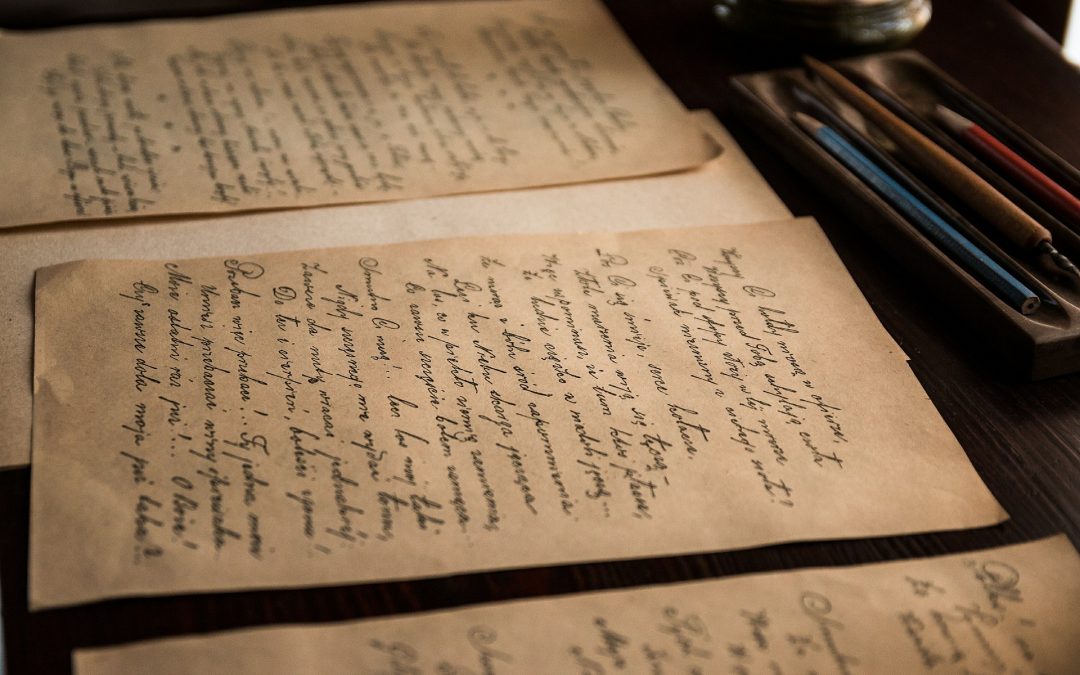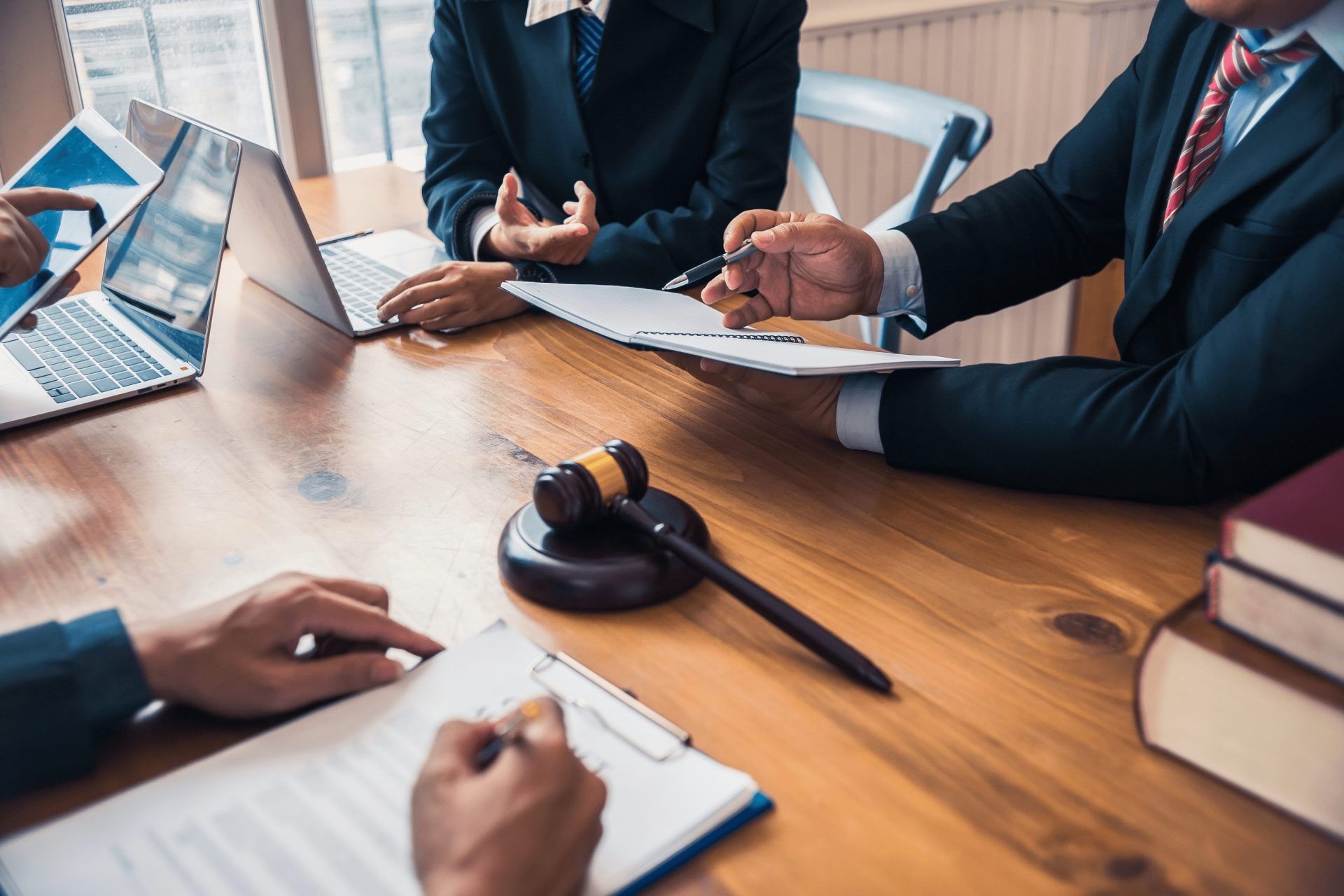Most people do not take time to think about how their estate will be treated upon their death. In Florida, many individuals die without having a will in place, causing unnecessary stress for their loved ones.
Plus, failing to structure a valid will means that the decedent’s assets can end up in the wrong hands, instead of serving the people that he/she would wish to benefit upon death.
In this Q&A, you will discover the requirements for a valid will and self-proving will in Florida.
What is a Last Will in Florida?
A last will is a legal document in which a person specifies how his/her estate, property, and assets will be dealt with upon their death. Commonly, the last will provides which asset(s) each relative or friend will receive as beneficiaries of the will.
A testator (the person writing a will) must be aware that even though the process is not so complicated, the last will must be properly structured right from the beginning.
Are there Specific Requirements for a Valid Will in Florida?
Indeed, Florida law provides specific requirements regarding the validity of the last will in Florida.
Firstly, a valid will must be in writing and signed by the party responsible for the will. Plus, the document must be signed by two witnesses during the execution of the will, in the presence of each other and the testator as well.
It is crucial to note that the testator must have the mental capacity to sign the will. In some cases, however, a legally authorized person can sign the document on the testator’s behalf if he/she is not capable of doing it.
In case all these formalities are followed, there is no specific requirement of a particular language to confirm the validity of a will.
If the testator decides to add any amendments to a will, he/she must follow the same execution procedure. Otherwise, the added provisions will not be incorporated upon his/her death.
What is a Self-Proving Will in Florida?
In Florida, a self-proving will is a will that can be accepted into probate without needing further proof of authenticity.
As provided by Florida Statute 732.503, a Florida testator can add an affidavit at the end of the last will to affirm his/her wish to divide the property and assets listed in the document in the manner described upon their death.
For those unaware, a self-proving affidavit is a statement that verifies the authenticity of someone’s will in Florida.
This statement must specifically affirm that the testator executed the will in the presence of two witnesses and that the execution was made voluntarily. Then, all parties must sign the document together and the notary must notarize the document.
What Happens When a Florida Last Will is Not Self-Proving?
Adding a self-proving affidavit in the last will is a useful resource in several situations, as only having a valid will does not necessarily protect someone’s loved ones from probate upon their death.
When someone dies with a valid will that is not self-proving, his/her relatives will still have to go to court and prove the will.
Commonly, one of the witnesses who signed the will should be required to state to the court that the will was signed by the decedent to confirm the will’s validity.
However, sometimes witnesses involved in the last will are difficult to track, especially when they move out-of-state or abroad. In some cases, a witness dies and it becomes virtually impossible to prove the last will.
Regardless, if a witness cannot be found, the will typically will go through probate proceedings. Making a will self-proving is a valuable way to avoid probate and to avoid exposing relatives to its time-demanding and stressful proceedings.
Is It Possible to Write a Self-Proving Will on My Own?
It is crucial to remember that this type of provision must contain specific language to satisfy the provisions in Florida Statute 732.503.
Even though many pre-designed forms permit anyone to write a self-proving will, we do not recommend that anyone proceed this way.
Instead, the best approach would be to hire an expert attorney to tailor a will according to your specific circumstances, written in the specific language required and fully reviewed to prevent errors.
Plus, hiring an attorney to draft your will can safeguard your loved ones to face additional expenses and frustration in court.
Be Guided by an Expert Probate Attorney from Jurado & Farshchian, P.L.
At Jurado & Farshchian, P.L., we have well-versed attorneys that can draft the ideal self-proving last will for your case. Do not waste time with uncertainty.
Talk to us today by calling (305) 921-0976 or emailing [email protected] to schedule a consultation.





